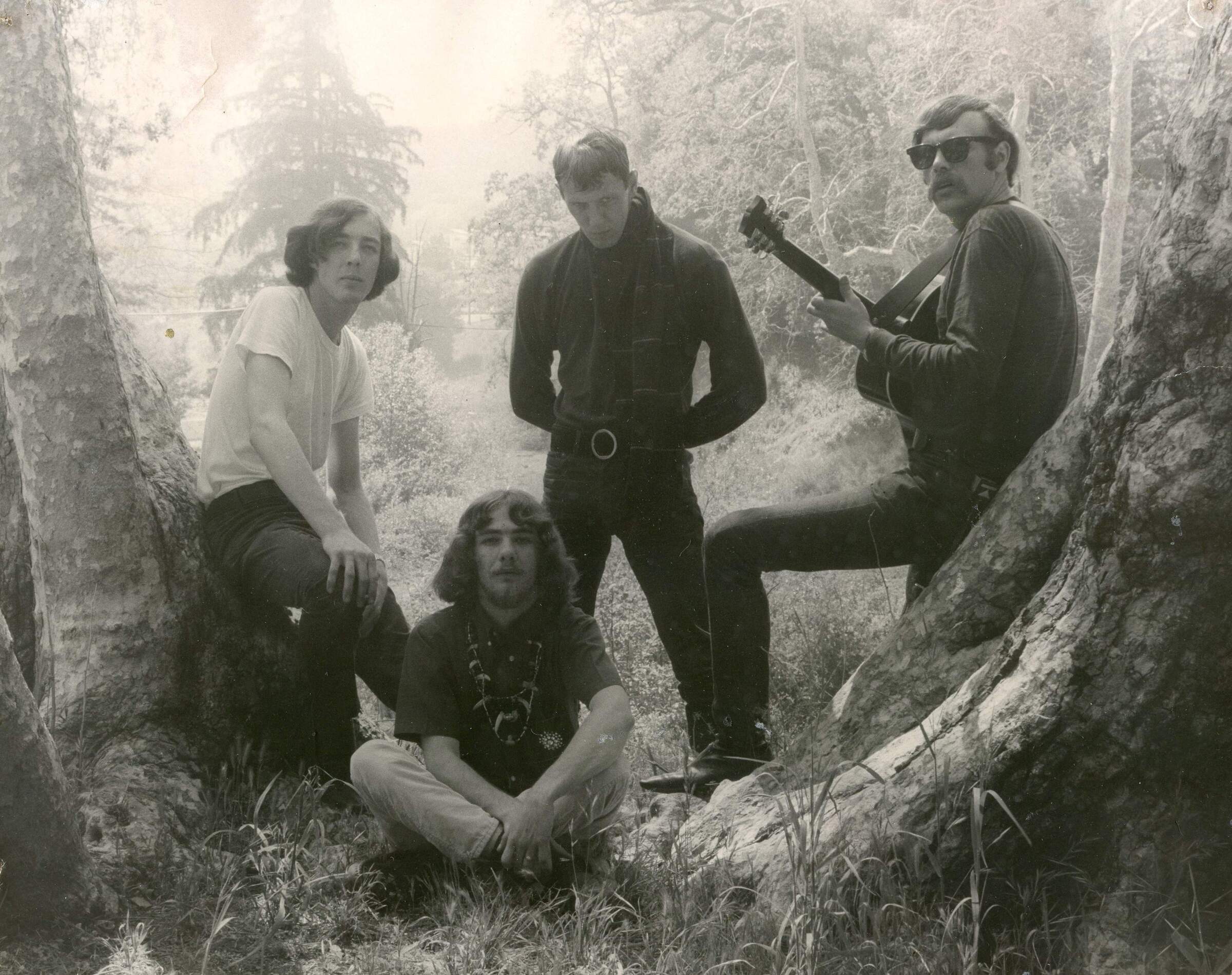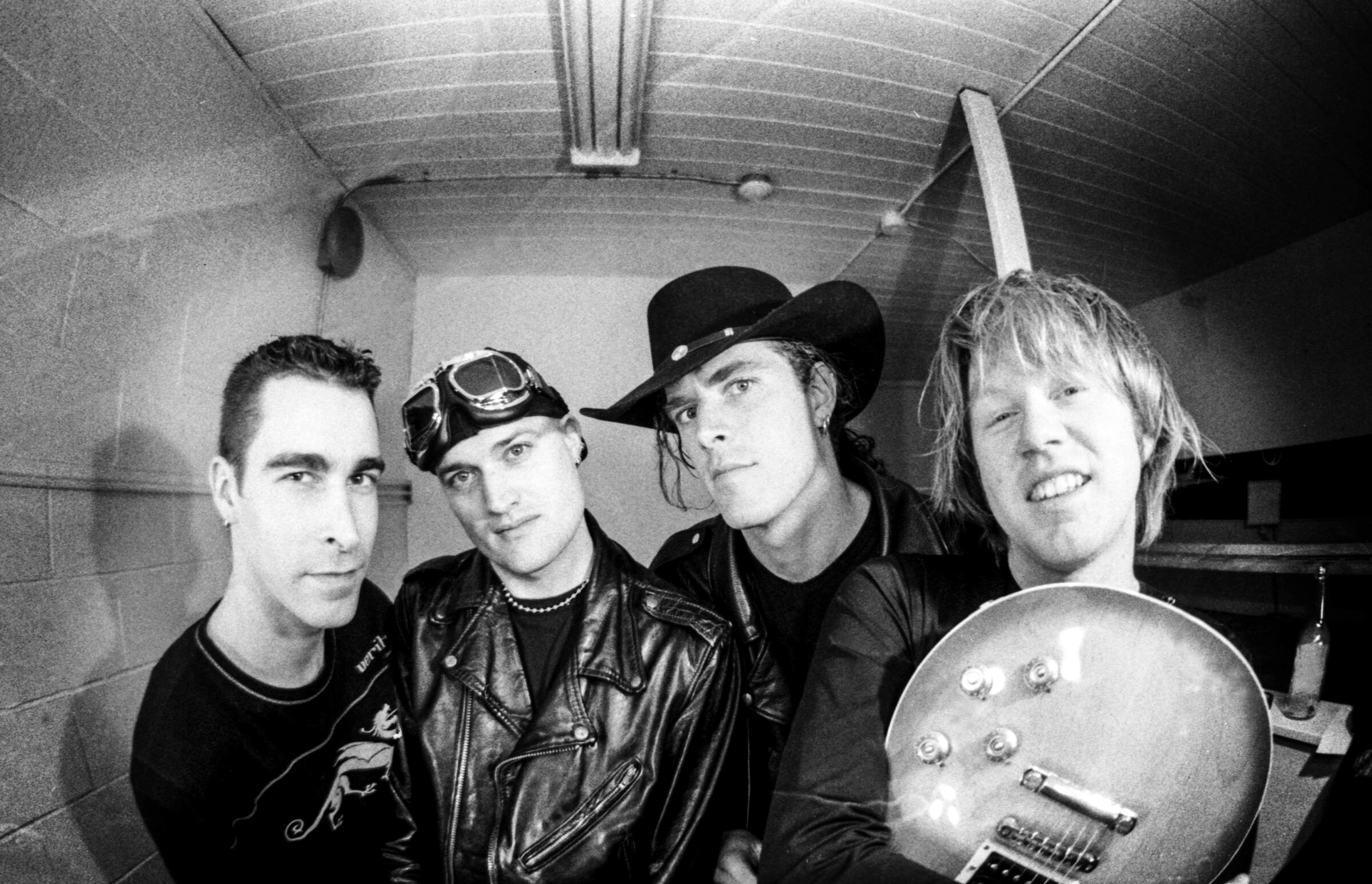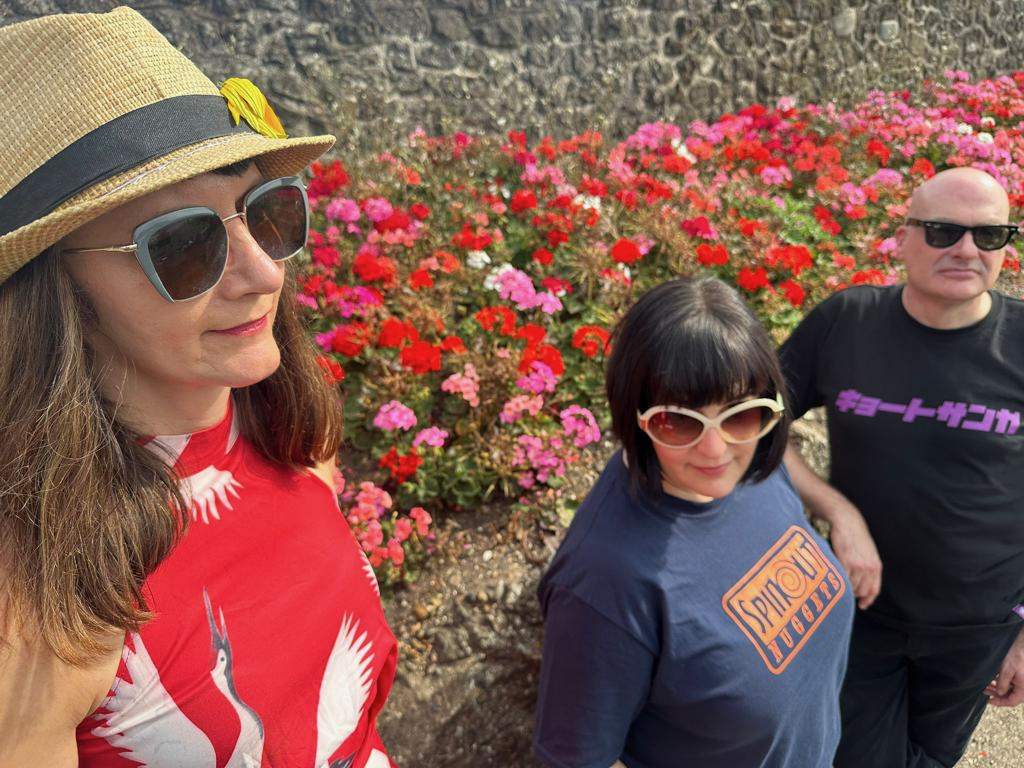Jaromir Löffler | Interview | “People screamed when we played”
Jaromir Löffler is a legendary Czech soul singer who recently teamed with Memory Records Prague to release his own album on vinyl.
At the time, the Communist regime officials did not allow his old recordings to be released because of American influences. Contemporary soul music is a niche genre in the Czech Republic. There is only one music label releasing it on a regular basis – Memory Records Prague. It focuses on 7-inch vinyl singles with Czech covers of American soul tracks. In 2018 they re-discovered a legend of Czech soul, Jaromír Löffler, and made a limited edition vinyl single with two never previously released Czech covers of James Brown’s and Otis Redding’s songs from the 1960s. The same label teamed up with Mr Löffler four years later starting a new project called Jaromír Löffler & Jeho Kapela. It connects the young label’s session musicians from Prague with Jaromír Löffler currently living in Zurich.
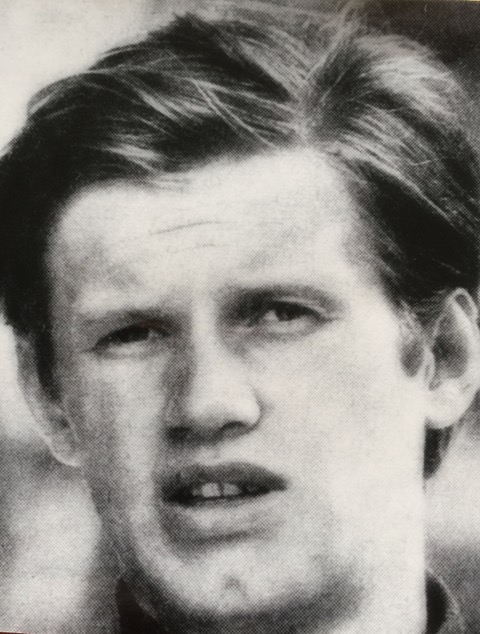
“When we came out with our first record of Löffler’s tracks recorded in the 60’s, it never crossed our minds that we’d actually be working on a new Jaromir Löffler album. But over the years we have become friends with Jaromír and chatting about music all the time, gradually the idea of this new project took shape,” says one of the two label owners Milan Dedera.
There are Czech versions of songs originally written or interpreted by Bill Withers, Etta James, Gil Scott-Heron or Sixto Rodriguez on this LP. Löffler shares a somewhat similar story with Rodriguez – both were long forgotten then rediscovered to delight music fans once again. All these new interpretations of old soul classics in different arrangements sound almost like live recordings even though the musicians and the singer were hundreds of kilometres away when they were recording it. Due to Löffler’s illness the vocals had to be recorded in his home studio in Zurich while the backing tracks were recorded in Prague.
“We are glad that we managed to release a soul music album that sounds exactly the way we really like it – soulful, slow and with quality Czech lyrics. Together with Löffler’s authenticity the label musicians give the recording the soulful sound we miss on the domestic music scene,” adds Dedera.

“People screamed when we played like the Beatles-public in England”
What was it like to grow up in Czechoslovakia back in the 50s and 60s?
Jaromir Löffler: It was a hard time for the people. It was the time of the Slánský trial, an anti-Semitic show trial in 1952, involving high-ranking politicians of the Communist Party of Czechoslovakia. Political terror was an inherent component of the Stalinist reign in Eastern Europe after World War II. Everybody was scared. My parents could not trust anyone. In the school we heard the Stalinist teachings and Red Poems of Mao. I think it was like that in all totalitarian countries in the early days. I hope people won’t experience this again, but I fear that this horror might continue in certain places.
Do you remember a certain moment when you became interested in music?
We listened to a “secret” radio station called Radio Free Europe. It was there we heard the first rock songs. They had a groove and easy melodies. We all wanted to make music like that. We did everything to be able to get the records of Elvis Presley and the other big names and we tried to play on guitar and sing the songs. As a young man who could play a few chords on guitar and sing in English, I was invited to all the parties in town and easily won the hearts and attention of many friends.
Your parents were also involved with music, so you had a music background. Tell us about your father and mother.
My parents had a classical music education and played everything they could get as music sheets. But at the same time they liked singing and sometimes our flat was a small stage, where everybody tried to sing songs we picked up on the street or on Czech radio. They did not try to teach us, but me and my brothers wanted to contribute with whatever was nearby and produced a good sound. These moments are the nicest memories of my childhood at home.
How did you get the first blues rock records back in the early 60s? It must have been a bit difficult as the regime was very strict.
It was not possible to buy these records in the Czech shops, but in each peer group was someone who had connection to friends and family members living abroad. Every visit from Germany and Austria also brought records for the young public. This was more valuable than money and we would do anything to get hold of the latest records from the charts. I have by chance discovered the first blues records, soul came later, and fell in love with that sound. I know this is the kind of music I want to play with friends.
One of the first bands you formed while still in gymnasium were Refugees. Tell us about it.. What kind of material did you play? Is anything recorded?
We met as friends at parties and music events. I then came up with the idea of the band name Refugees. We had first rehearsals and did play everything that we heard in the charts. Everybody had of course his favorite music taste, and the public wanted to hear what we called “Bigbeat.” Then came the first Bigbeat festival in 1966 in my hometown Olomouc and we were the highlight. People screamed when we played like the Beatles-public in England. We played the song ‘The Loco-Motion’ and I sang “Everybody’s doin’ a brand new dance now (Come on baby do the locomotion) I know you’ll get to like it if you give it a chance now (Come on baby do the locomotion).” It was a new sound in the house of culture, which was built for few hundreds and was filled with a thousand.
You joined The Bluesmen in 1967 and played with them for a year. What kind of a band were they? Did you play a lot of clubs?
The Bluesmen were all students, mostly medical faculty and came partly from jazz. The bandleader asked me to come later for a rehearsal and we understood each other well. Blues was my first love, then came soul and I stayed with soul my whole life. We played in night clubs and at festivals … and of course at every university event. The band had a big name in the area and was known throughout the whole country. We are still friends and the sound was perfect, except for the fact that we had no horn section like the US soul bands had.
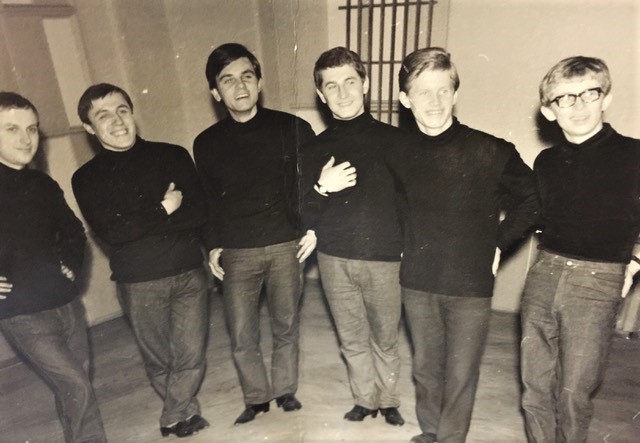
The band released a single in 1969, were you part of it?
No, I left the country in August 1968 – the day the Russians occupied the country. But the text of one song was written by me. I went on that day first to our music studio and the Russians were already there. Together with the local communists they made clear that our music would have no future so I took my suitcase and took the next train to Vienna. From Vienna I travelled to Switzerland.
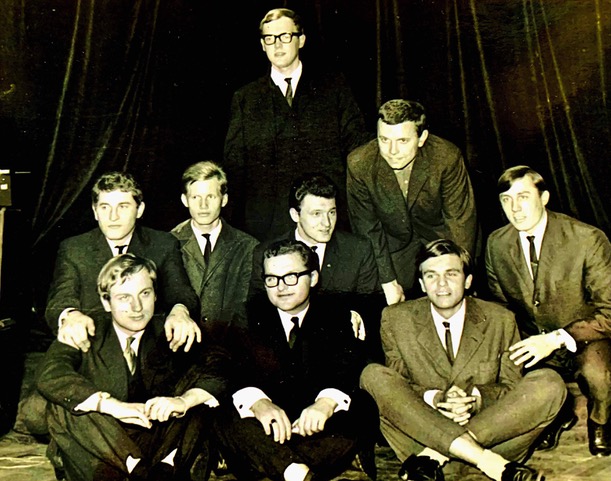
What led you to record some fantastic singles for Supraphon? ‘Já Loď Ti Dám / Mustang Sally’, ‘Ve Jménu Vzpomínek / Říkej To Víckrát’…
Supraphon was the only official record label. It originally specialized on classical music, later they became the melting pot for every music direction. Any records that have found a way to the shops and point of sale had to pass through Supraphon – the official state company which stood under Communist Party observation. My singles were produced within the Flamingo-engagement. Without this support it would be hard to realize a deal with Supraphon.
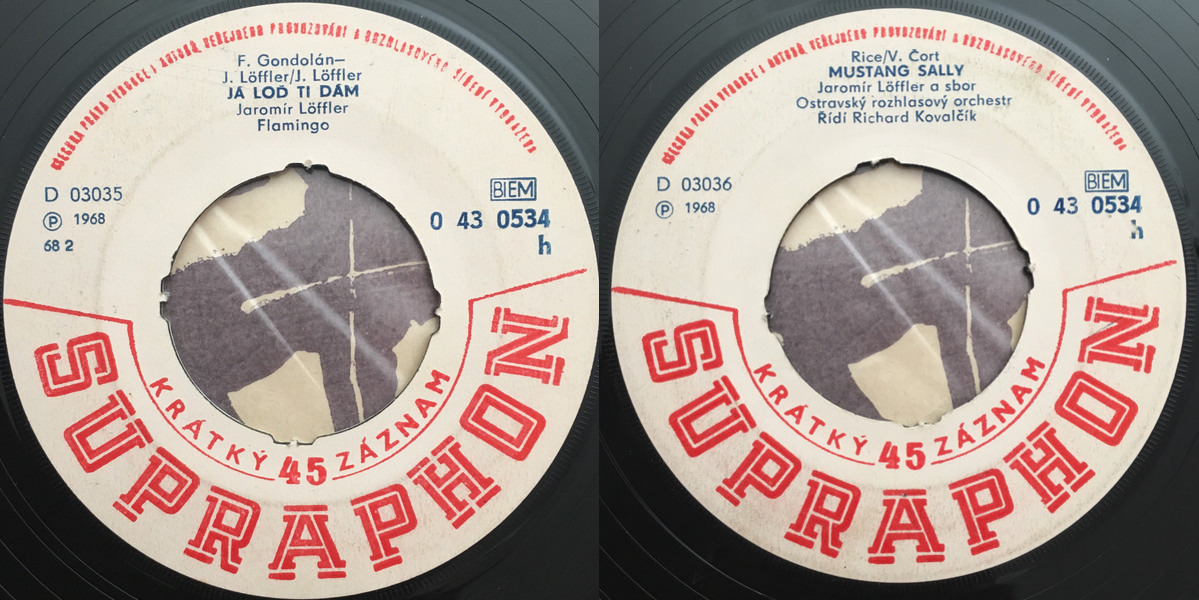
When did you first meet Richard Kovalčík of Flamingo?
I met Richard Kovalčík at a festival where I was with my Bluesmen’ friends. We were talking about music titles I would like to produce with a horn section – and that was a strong argument for Flamingo with well educated and jazz-affine horn section members. He invited me to a test recording and the result was a Czech cover of ‘Mustang Sally’ with perfect lyrics by a friend. It was a big risk at that time. The US soul sound in the Czech radio – it is like if they suddenly would play Elvis Presley songs in North Korea.
I don’t exactly understand how the members were also in the Ostravský Rozhlasový Orchestr? Please elaborate.
Flamingo was a typical formation of the beat-era like an extended combo, but with the horn section it was something like a mini big band. As there was not a gig or concert every day, the members were employed by the Czech radio studio Ostrava, and played also on other recordings of the radio studio Ostrava.
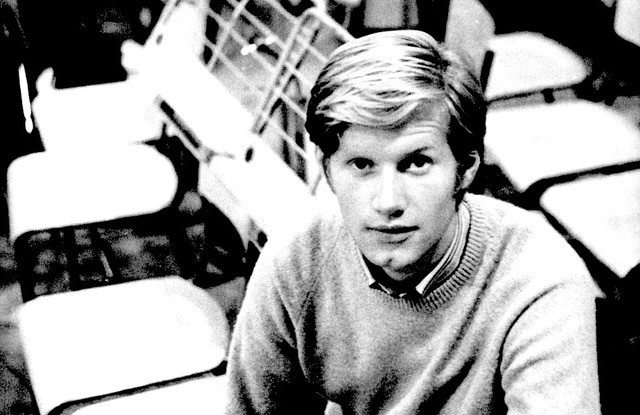
In what period did you play with Flamingo? Which are the recordings of you that are available?
It started in 1967 and went until summer 1968 when the Russians occupied us. The “harvest” were nearly dozen tracks – partly my songs, but mostly US-soul covers. Some of the recordings are still available by Supraphon – the others by private collectors and fans.
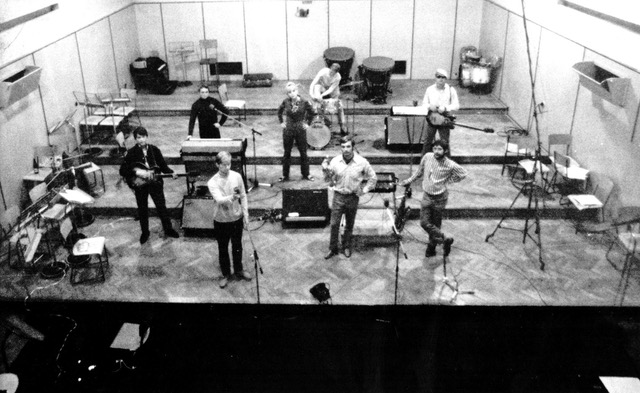
Two facts made the heritage difficult. After 1968 when I left the country, all of my tracks were forbidden by the Communist Party and should have been destroyed. Studio Ostrava preserved a few original recordings in spite of the ban, but the fleds destroyed everything. This is what friends told me. It’s hard to say what is the truth. ‘Ve jménu vzpomínek,’ ‘Říkej to víckrát,’ ‘Mustang Sally,’ ‘Já lod’ ti dám,’ ‘Ikony,’ rescued ‘Stvoř ženu z mých přání’ and ‘Tip, tip, tip’ – special edition was issued by Memory Records Prague in 2018. And also ‘I Put a Spell on You’ (‘Já. tě zaklínám’).
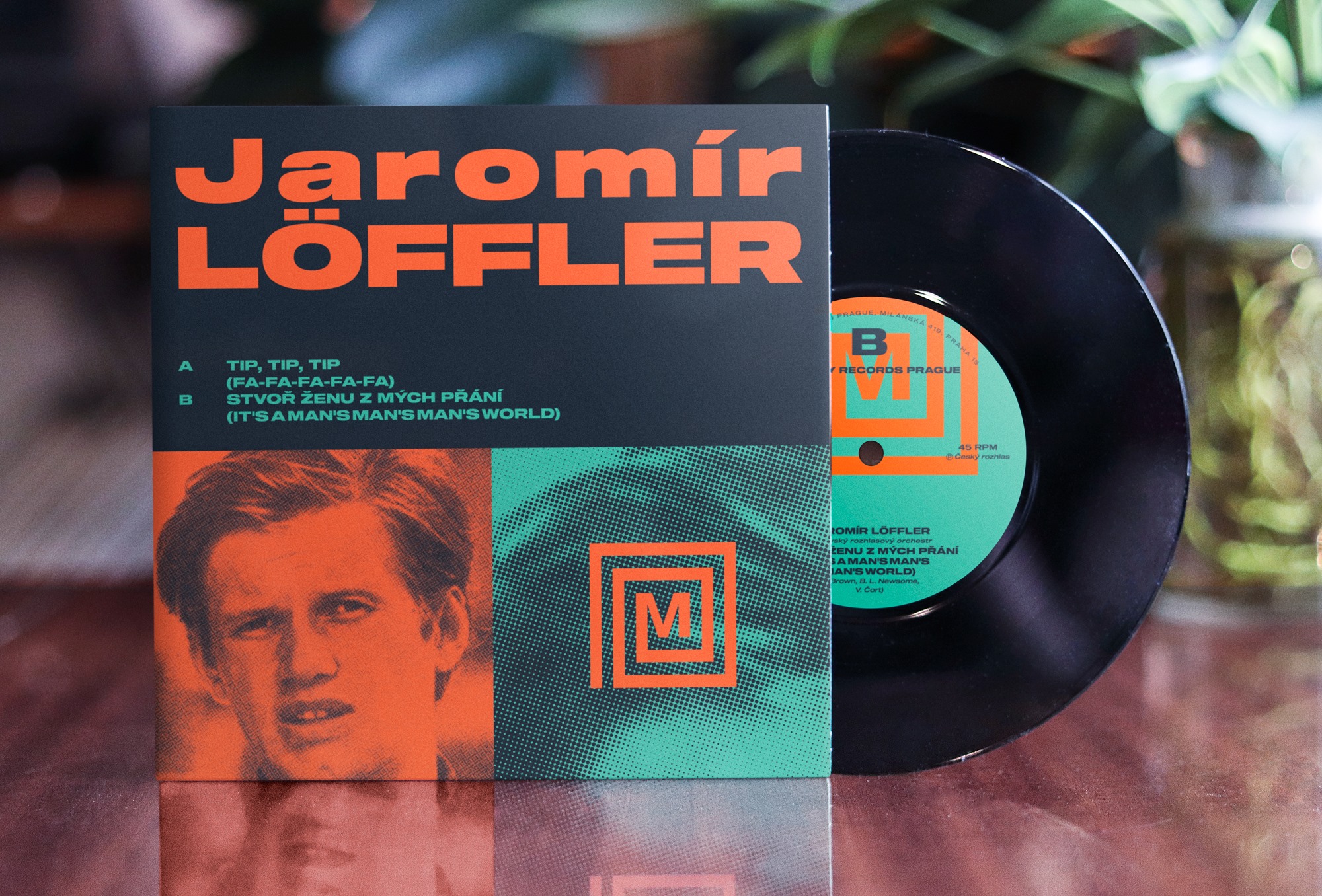
The difficult circumstances for rock musicians lead you to move to Switzerland. What was it like back then? When we interviewed Vratislav Brabenec, he told us what long hair men had to go through back then…
It was not easy. Although there was a strong support of Swiss people and the tremendous feeling of freedom in a beautiful country, I had to learn and accept different cultures and different mindsets. I started working in the factory Westinghouse in Bern – hoped with few friends for an engagement in a band – but later decided to continue studies – which was not possible with a Czech maturity, so I had to prepare first in Fribourg the Swiss University-entry exam (swiss maturity) – and after that I started studies in Bern.
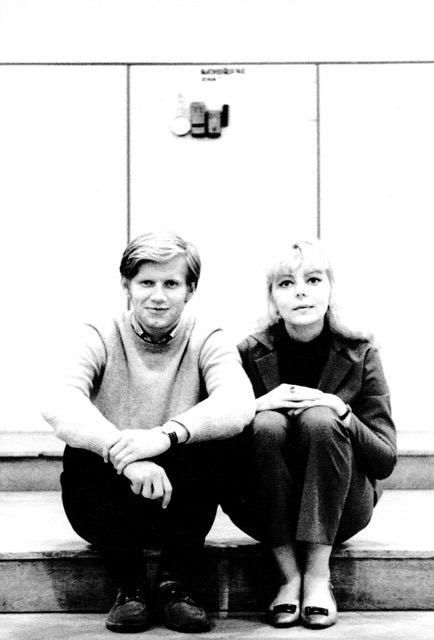
You studied in Zurich?
Yes, after three semesters at the university in Bern I met old friends (musicians from the group Blue Effekt). I moved to Zurich and continued and finally finished with magna cum laude at the university in Zurich with a dissertation. In those days there were mostly two possibilities for work: teaching or media. I have found a first job in a newspaper and kept working afterwards for decades in the field media and marketing
Tell us what Jiří Urbanek was like?
He was a close friend and very talented musician. He was the first person I visited after the Velvet Revolution. We recorded new songs of mine in the studio Ostrava, only without the Supraphon support. I was more and less in touch with him. It was hard to face his passing. He will always stay in my heart like Richard Kovalcik, the Flamingo bandleader.
What about Maria Rottrava?
Marie is the big soul lady in Ostrava. She was the perfect fit for Flamingo and the style of music we followed with Richard Kovalcik, who was also personally connected to Maria. I have great respect for her. They came with Flamingo to visit me in Switzerland and I organized a few concerts where we stood together on stage. After the Velvet Revolution she invited me to join her tour in Moravia (Brno et cetera) and I was very happy to meet her and the band again.
It’s fantastic that you’re as active as ever these days. One of the recent recordings you made was with Emil Viklický. Tell us about ‘1001 Nights’?
Emil Viklický is one of the oldest friends I have in the music business. I have a picture of us on a tour in Slovakia, a long time ago and I always remember what we played. He is a very talented jazz-musician and composer. It was always good fun to meet and play together. When I asked him to contribute to my recordings (it is done within a short period), he did it with pleasure and great competency. We still have a few projects open with him.
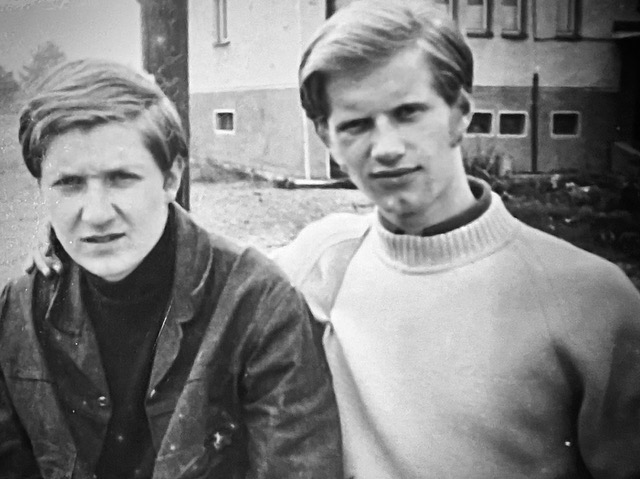
What else were you working on?
Apart from the projects with Emil Viklický and my Bluesmen friends in Olomouc, I record songs for a virtual platform in Switzerland called songmapp.ch. I already have four original compositions of mine about the historical places around my living area. You have to download the free app, go to the place where the song is situated (the church near me with a canon bullet in the wall) and then you can listen to it. This song is again about the war – a topic which in those days was always in my mind.
Memory Records Prague released your most recent material. Tell us about ‘Lásko, Lásko, Lásko (I’d Rather Go Blind) / Sněhulák (Sugar Man)’?
Etta James and her song was for me something very special. I cried the first time I listened to it. The lyrics are so strong and the music gets more and more intense. It’s one of the best soul songs ever written. ‘Suar Man’ (‘Sugar Man’) must be heard with the picture of the author in your eyes. It is the destiny of a great interpreter he discovers that he is still in the heart of his public, even after years in a different country.
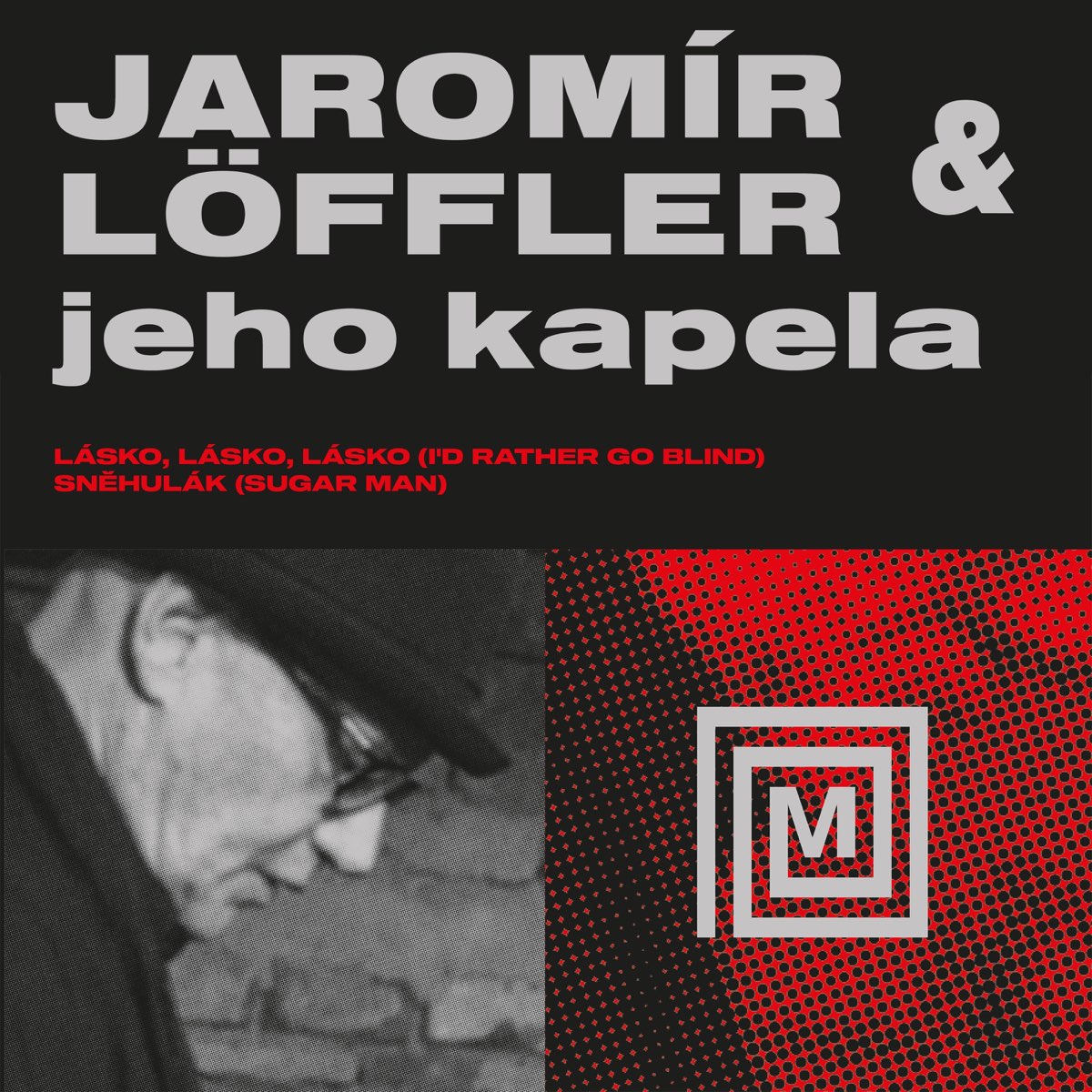
‘Jaromír Löffler & Jeho Kapela’ is such a tremendous album. How did you decide which songs to pick and what was the recording process like? Who else is on the record?
We decided together with Milan Dedera and the band. Some songs like Etta James’ song were always in my mind and I always wanted to record a cover and others were proposed by Milan who felt that it would be perfect for this recording set and for the band. We recorded between my music studio in Zurich and a studio of Milan in Prague. The band sounds great with Adam (keys), Daniel (guitar) Matous (drums) and Premysl (bass) and the backing voices of Annamária and Mirka.
Looking back, what was the highlight of your time in the band? Which songs are you most proud of? Where and when was your most memorable gig?
I had my best time with good musicians and with good vibes and grooves – wherever we played. With Maria or with Emil, on keys, and Jaroslav on Hammond. I had the time of my life. My favorite song is ‘Sugar Man’. The most memorable gig was the first Bigbeat-festival in Olomouc, when people screamed and acted as if they were the Beatles-concert. It was a positive mania that no one could stop.
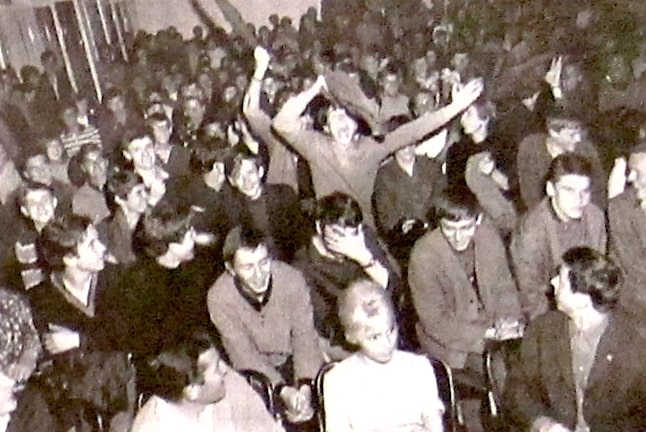
“After I left the country everything that I ever recorded was destroyed”
Is there any unreleased material?
Yes definitely, but no one knows where it is. After I left the country everything that I ever recorded was destroyed. At least that was the order of the Communist Party. Question is, who followed it. My friend Ivo Roubal in the radio studio Ostrava said that he could rescue a lot, but then the water did the rest.
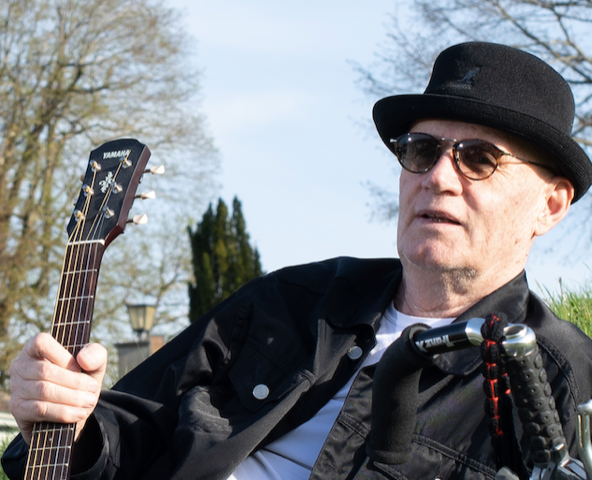
Thank you for taking your time. Last word is yours.
Best joke is that the Communist Party was so sure that black music und soul music was typical for what they called contra revolution, and they never found out, that many black and soul singers were against the white government and and their predominance in west, but they were only happy to forbid like the church in medieval time.
Klemen Breznikar
Jaromir Löffler Bandcamp
Memory Records Prague Official Website / Facebook / Instagram / YouTube


